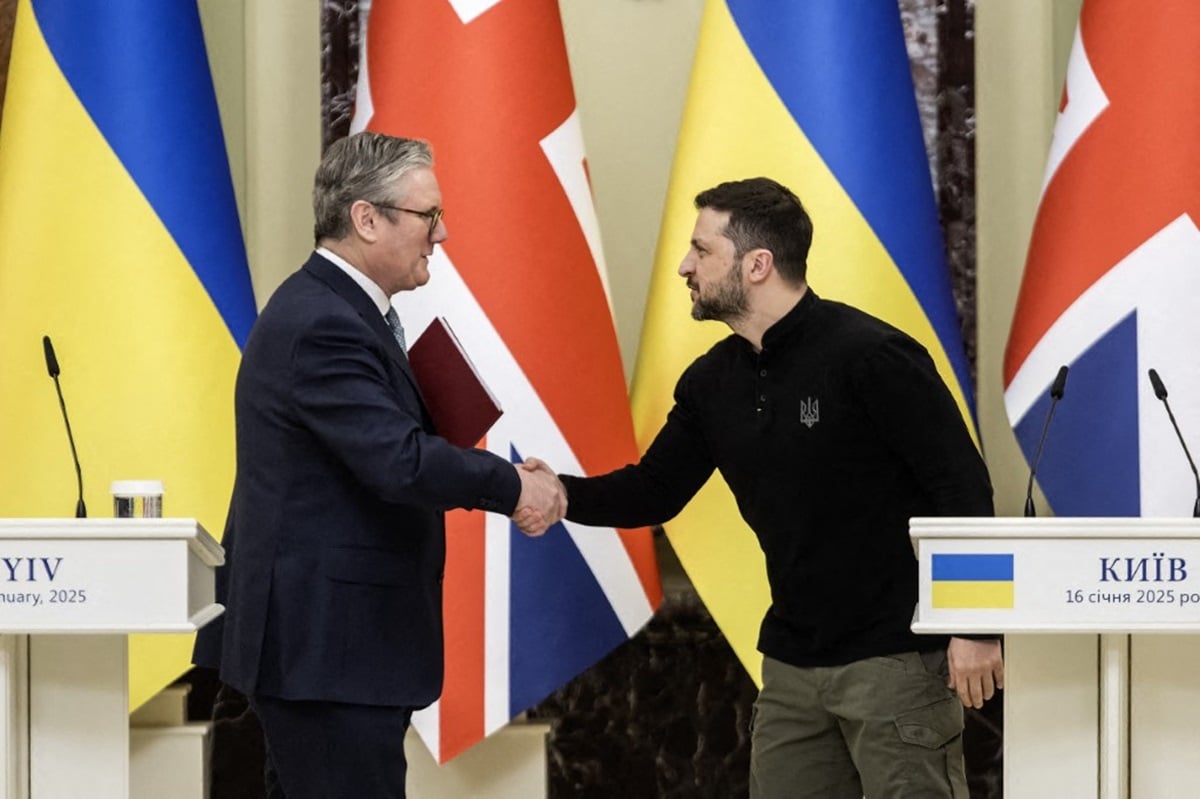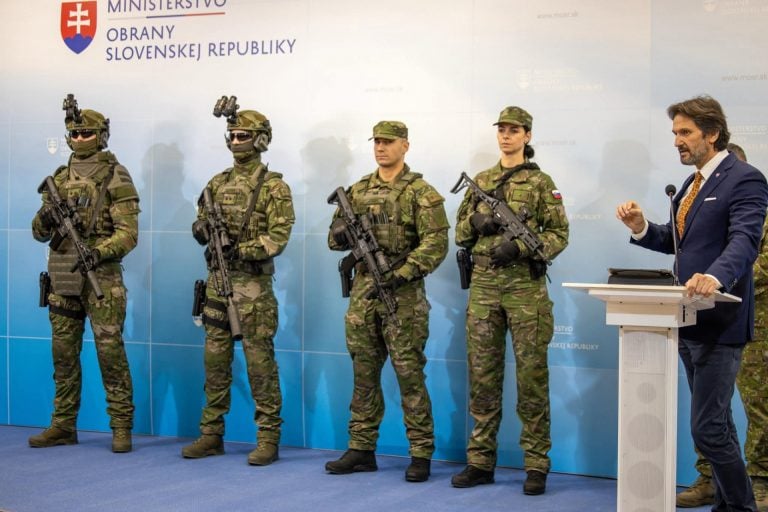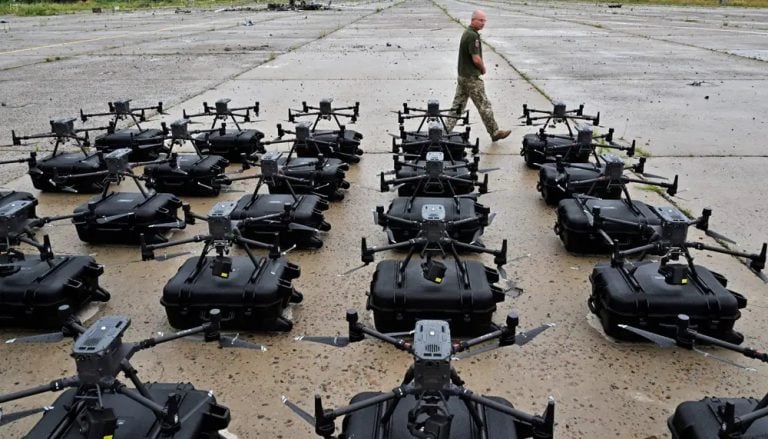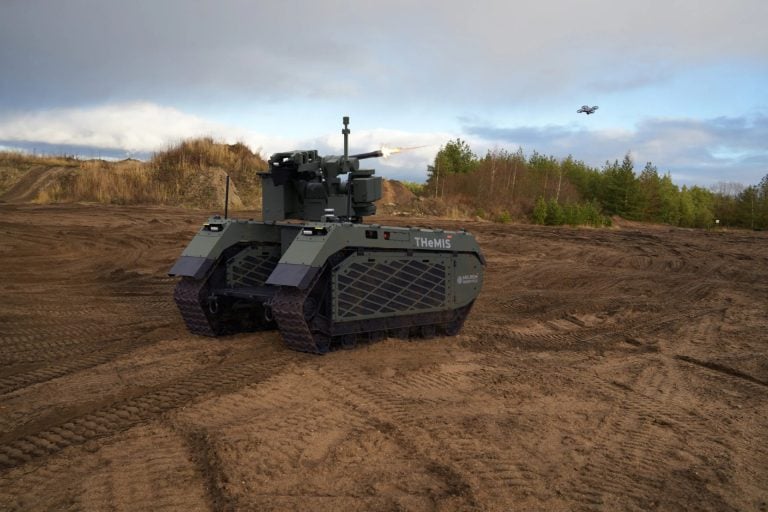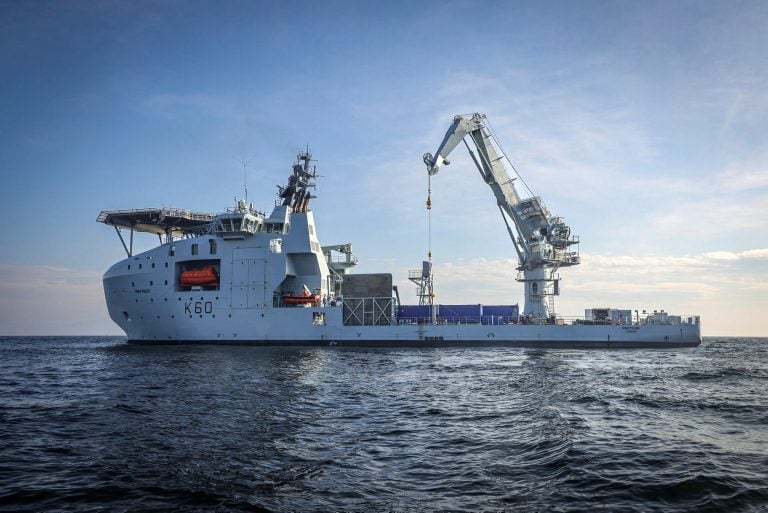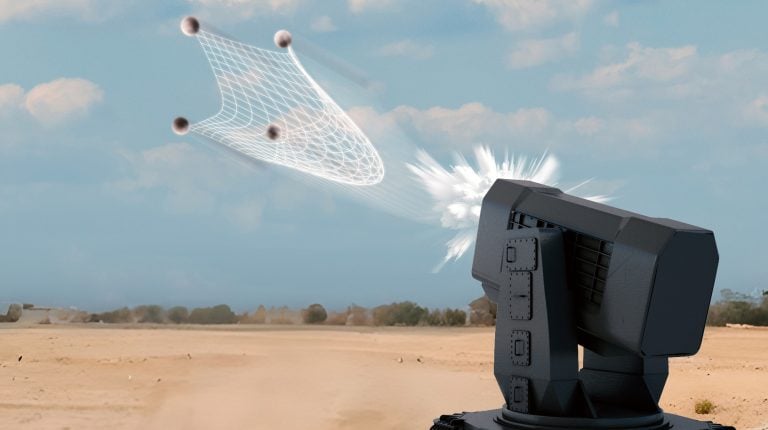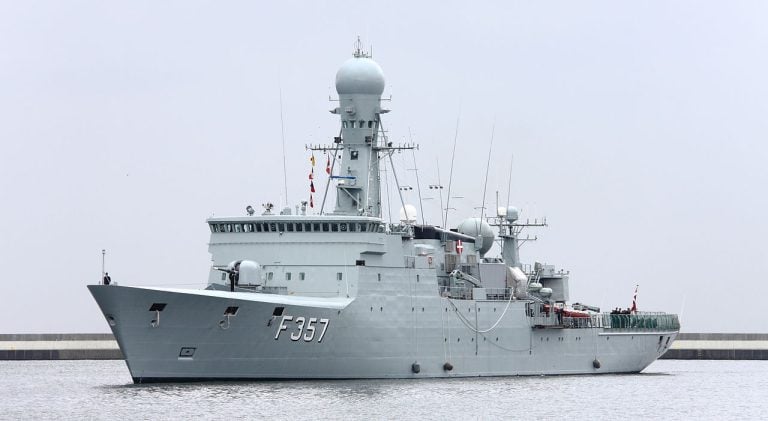In a significant move marking the third anniversary of the conflict in Ukraine, the UK government announced a robust package of sanctions aimed at undermining the military operations of Russian President Vladimir Putin. On Monday, the foreign ministry revealed over 100 new sanctions, which officials describe as the most substantial set of measures since the initial stages of Russia’s invasion.
This latest wave of sanctions targets not only personnel and entities directly connected to the Kremlin but also extends to third countries, particularly those in Central Asia, Turkey, Thailand, India, and China, which are believed to support Russia’s military efforts. The UK has previously imposed sanctions on roughly 1,900 individuals and organizations since the onset of the war, reflecting a sustained commitment to curtail Russian aggression.
Among the individuals subjected to the new sanctions are figures from North Korea, including Defence Minister No Kwang Chol and several senior military officials, who are deemed complicit in contributing forces to the conflict, with over 11,000 North Korean troops reported to have been deployed. This move underscores the UK’s strategy to disrupt the supply chains essential to Russia’s ongoing military operations.
Foreign Secretary David Lammy emphasized the UK’s dedication to Ukraine, stating that each measure taken is a step towards achieving a just and lasting peace. He articulated the significance of blocking military supply lines, freezing financial assets, and exposing those who facilitate Putin’s aggression.
Notably, the new sanctions introduce provisions to penalize foreign financial institutions that support the Russian military effort, including the Kyrgyzstan-based OJSC Keremet Bank. Additionally, 14 individuals affiliated with wealth accumulation through corrupt practices, referred to as “kleptocrats,” have been named, including Roman Trotsenko, identified as one of Russia’s wealthiest individuals.
The sanctions also intensify restrictions on Russia’s maritime operations, targeting its so-called “shadow fleet” with 40 additional vessels now under sanctions, raising the total to 133. Security analysts estimate that Russia operates hundreds of ships in an attempt to circumvent the sanctions imposed by Western nations, particularly regarding its oil exports.
This announcement of heightened sanctions comes as Prime Minister Starmer prepares for discussions with US President Donald Trump in Washington, where he aims to serve as a mediator between the US and European allies on security and territorial guarantees for Ukraine. This diplomatic effort could prove necessary amid rising tensions, particularly after recent comments from Trump labeled Ukrainian President Zelensky a “dictator” and suggested that negotiations with Russia are beneficial. Such public statements have caused concern among European nations regarding the potential for an unfavorable peace settlement for Ukraine, which could result in an emboldened Russia asserting more influence in the region.
